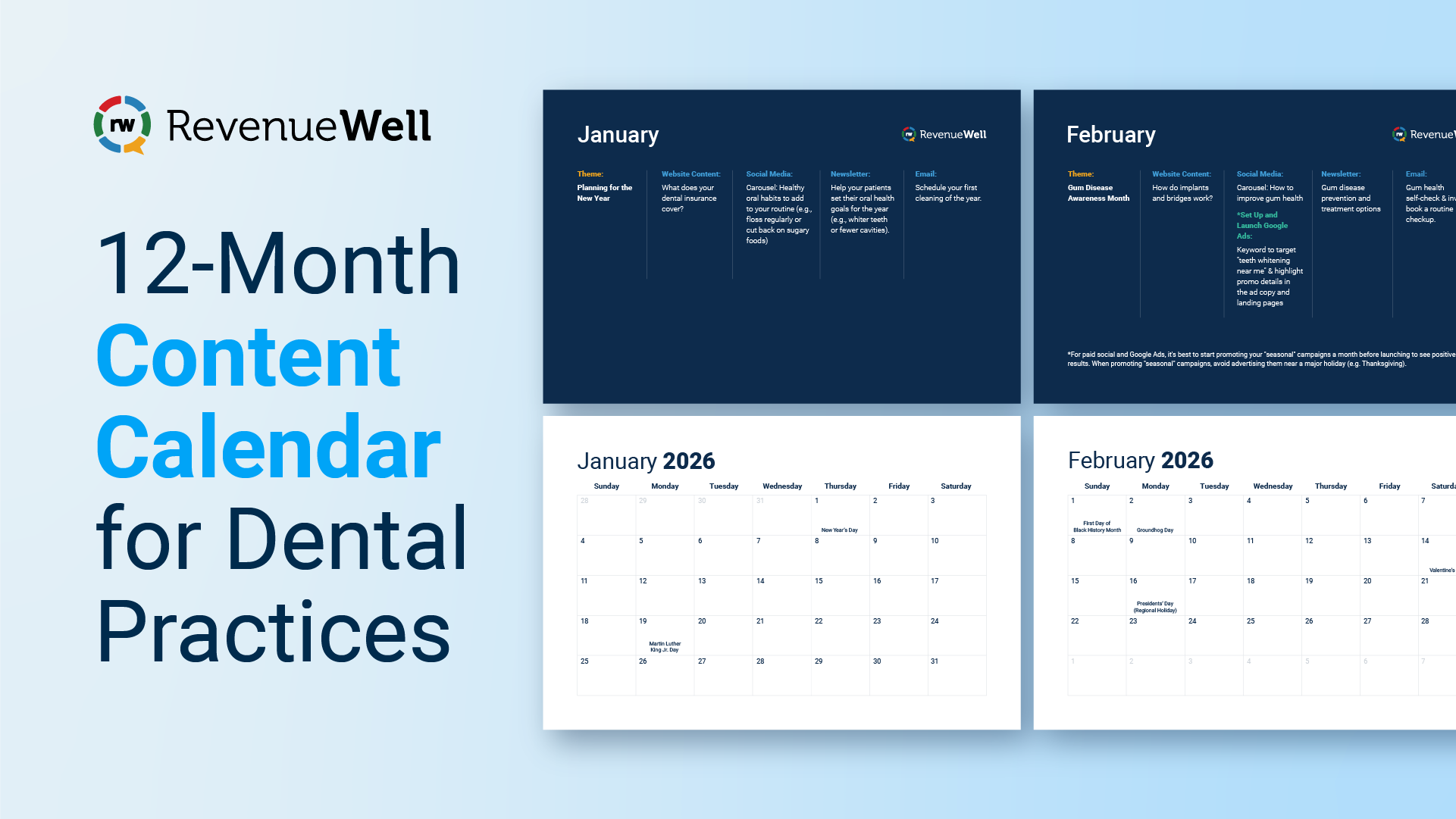How to Handle Dental Employee Transitions

In this guest post, Classic Practice Resources COO and dental HR professional Dana Salisbury discusses how dental practices can handle employee transitions with as little friction as possible.
When consulting on dental HR issues, I often field questions on employee transitions. Namely, "Can I require an employee to give me a four-week notice before quitting?"
It's an understandable question. In an attempt to forecast hiring needs, many employers want to assure that a new employee will not resign and leave the office with a vacant roll. A practice's ideal scenario is as follows: they will transition smoothly through the exit of a previous employee; the replacement will be just as good or better; and all of the knowledge from the previous employee will telepathically transfer to the new team member.
As ideal as that sounds, that seldom happens. Except for the telepathy part; that never occurs. Beginning or ending an employee relationship by demanding an extended notice period is one-sided request. To try to slow turnover rates, practice owners begin the relationship with rules and resignation obligations. As a result, they lose sight that an applicant or employee can choose whether they continue on their journey with you and your practice.
With unemployment rates currently at an all-time low, filling positions is currently more challenging than ever. The job market is tight. Really tight. I have had practices tell me that they are receiving fewer resumes in response to posted jobs, and the applicants are often not qualified candidates for the position. While proper recruiting, onboarding, and training processes could turn some of those obstacles around, the overall problem is that roles are taking longer to fill than ever.
So knowing this long lead time, we circle back to the original question: can a dental practice mandate employees to give four weeks notification before quitting. The short answer is no. You cannot legally obligate an employee — and vocationally hold them hostage — until you fill the vacant position. Frankly, I find that when an employee decides to leave your organization it’s best to quickly transition the role. Let them go or allow them to work with you until their tenure comes to an end, depending on the circumstances.
Besides, what does requiring an extended notice do to your employee retention and morale? If they've mentally checked out, how will they serve your patients? Odds are, not well.
So, what is the solution? The solution is that you can request they give notice. To be clear, this is a request, not a mandate. Two weeks is the standard, and this time is treated as a transition period.
When an employee decides to leave ... it’s best to quickly transition the role
I often hear of employers reducing the pay of the employee to minimum wage or similar, which often backfires — both in compliance and with regards to employee relations. Specifically, this creates an environment where the practice receives no notice of the employee’s impending departure. As such, there's no transitional period where the outgoing employee can transfer knowledge to the incoming employee.
If an employee resigns and chooses to quit immediately, there is nothing that you can do about the situation except to reflect on your own actions and processes for continued refinement. Always perform an exit interview for this very reason. As you move forward, proceed quickly with your hiring initiative and look to unlikely markets in order to help expedite the process.
Learn more about how RevenueWell improves case acceptance and creates more close-knit relationships between dentists and their patients.




